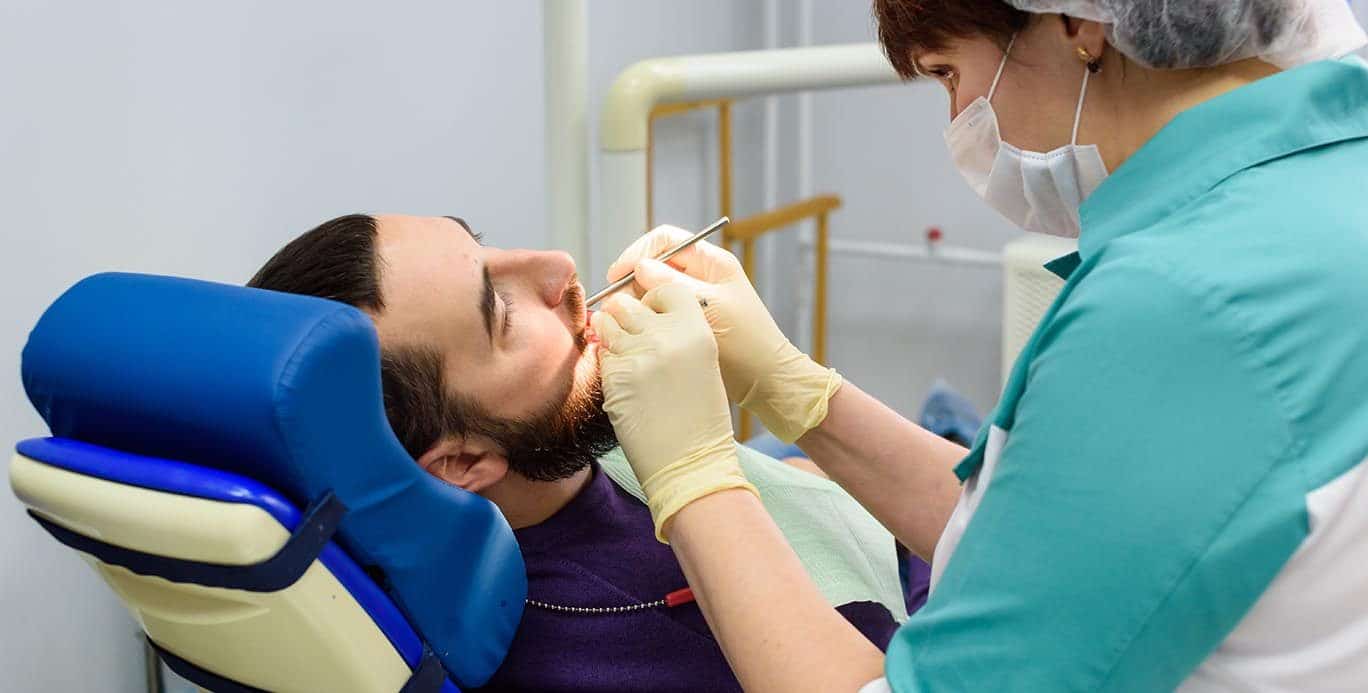Why extract wisdom teeth?
Sometimes, the wisdom teeth don’t have room to grow properly, so they may remain hidden within the gums or grow only partially, even crowding the nearby teeth.
This may lead to
- Pain in or near the wisdom teeth
- Repeated infection of soft tissues behind the lower last tooth
- Formation of fluid-filled sacs called cysts
- Tumors, gum disease, and so on.
Under such a scenario, dentists often suggest undergoing molar tooth extraction.
Although the surgical procedure is relatively fast, the healing time can drastically vary, depending on a few factors.
Various factors influence molar tooth extraction:
- The complexity of the extraction- Simple extractions usually heal quicker than those that require surgical removal.
- Alcohol consumption and smoking can make the healing process slow and increase the risk of complications like dry socket (a painful condition where the blood clot is dislodged from the extraction site).
- Age and general health highly determine the speed of recovery.
- Adhering to your dentist’s postoperative care instructions, such as maintaining good oral hygiene and following a proper diet, is important for a speedy recovery.
- Infections or other complications can impede the recovery time.
So, it is important to seek prompt medical attention if these conditions occur.
How Much Time Will It Take to Recover from Wisdom Tooth Extraction?
- Post-extraction (0-2 days): The Extraction procedure is often followed by pain, swelling, or slight bleeding.
- 2. Following the dentist's instructions regarding medication, diet, and oral hygiene during this period is essential for recovering from wisdom tooth extraction.
- Recovery at middle phase (2-5 days)- The first few days after molar tooth extraction are critical as it might involve severe pain and swelling.
- Refraining from strenuous activities and heavy lifting is often advised to avoid further complications.
- Managing pain (5-7 days) Brushing teeth gently and rinsing with a saline solution can improve oral hygiene. Experts often recommend a soft diet that is easy to chew and swallow during this period.
- Recovery lately (2-4 weeks) After the pain management period, following up with the dentist to ensure the extraction site is healing properly is essential. Regular follow-up appointments can help identify potential difficulties early on, reducing the risk of long-term issues.
- Complete healing (1-3 months) Although complete healing of the bone and soft tissues can take several months, daily activities and normal eating habits can often resume within two to four weeks after the procedure.
Advice for a speedy recovery:
- It's important to adhere to the precise instructions provided by the dentist after tooth extractions.
- Using cold ice packs and the drugs that the dentist prescribes to control discomfort and minimize swelling.
- Keeping your mouth clean is crucial to a speedy recovery.
- A speedy recovery depends on getting lots of rest and drinking plenty of water.
- Straws should not be used since suction might interfere with healing. Hot and spicy food can irritate the extraction site.
Conclusion:
Wisdom teeth extractions are common oral procedures that may require proper planning and postoperative care for recovery. Following the dentist’s advice will help one to get through this time with as little discomfort as possible and promote proper healing. Maintaining good oral hygiene, avoiding strenuous activities, and following a soft diet are vital to successful recovery.

